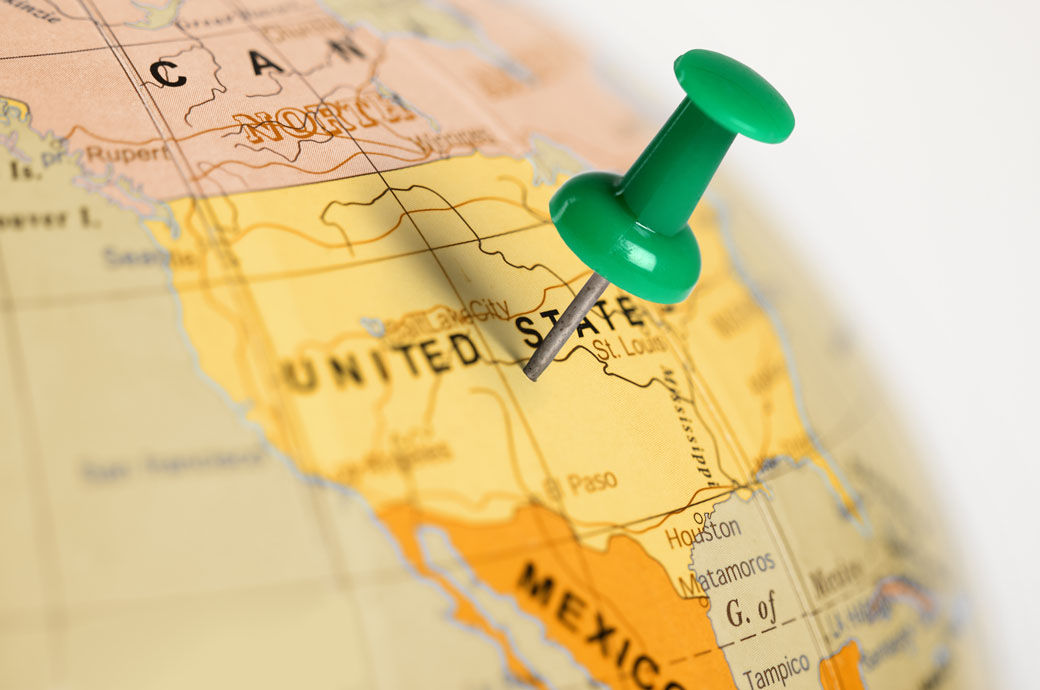
ACT represents 30 US companies with interests and operations in the textiles circular economy.
ACT chief executive officer Rachel Kibbe recently wrote to Laura Buffo, chair of the trade policy staff committee office of the United States trade representative (USTR) responding to the latter’s request for public comments on US interests and priorities to develop trade-related lines of effort in the track of APEP, and to express how The Americas Trade and Investment Act (The ‘Americas Act’) is a means to address these efforts in full.
The Americas Act, a bipartisan, bicameral bill, not only fully addresses the needed trade harmonisation among APEP countries, but also includes the necessary financial tools which have been unaddressed by APEP till now, the ACT letter said.
Provisions in the bill include support for industry growth and workforce development in the Western Hemisphere, thereby creating a road map to pursue the flexible and goal-oriented regional and economic development agenda outlined by the partnership, along with the financial mechanisms urgently needed to bolster national and Western Hemisphere interests in decarbonised manufacturing and trade alike, the letter noted.
Countries like China have seized the moment in focusing on clean energy and supply side manufacturing, with a sustainable vision to supply the world, and are well on their way to capturing these opportunities wholeheartedly, while the United States is being left behind, it said.
The Inflation Reduction Act (IRA) attempts to counter China’s and East Asia’s manufacturing and supply chain dominance but certain sectors and industries were excluded, like textiles. While the IRA has domestic focus, the Americas Act can complement the vision by tackling the manufacturing renaissance with a regional focus, said the letter.
Specific to textiles, the provisions whose development our group supported in The Americas Act, include the needed investments for our industry to compete globally from within the United States, including a 15-per cent tax break for textile reuse and recycling related businesses, and $14-billion of grants and loans for infrastructure, reverse logistics, manufacturing, innovation and public education.
As such, the trade priorities identified in your partnership are more holistically addressed through the meaningful financial levers and market incentives in The Americas Act, tools that were also lacking in the IRA, the letter said.
The cross cutting priorities of the APEP partnership are also addressed in Americas Act. These priorities include regional competitiveness, shared prosperity and good governance, sustainable infrastructure, climate and environmental protection, local labour empowerment and promotion of healthy communities, it added.
Fibre2Fashion News Desk (DS)